Search Images
Browse Content (p. 338)
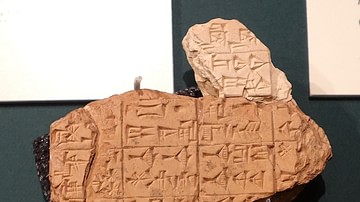
Image
The Instructions of Shuruppag
The Instructions of Shuruppag (c. 2000 BCE), the most famous work of the genre of Sumerian wisdom literature.
Exhibit in the Oriental Institute Museum, University of Chicago, Chicago, Illinois, USA.
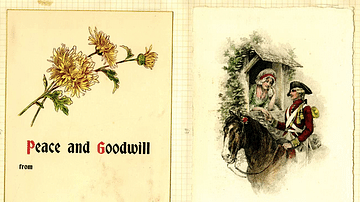
Image
1898 Christmas Cards
Two Victorian printed Christmas cards from 1898. (British Museum, London)
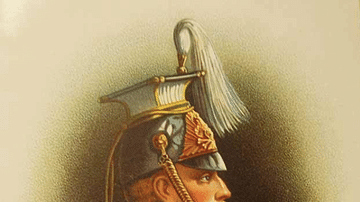
Image
Soldier Christmas Card, 1887
A Christmas card dating to c. 1887 showing a soldier. Drawn by Harry Payne, military themes were popular with those who sent cards to family members in the armed services across the British empire. (Victoria and Albert Museum, London) Orignal...
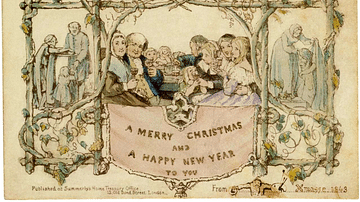
Image
The First Printed Christmas Card
The first printed Christmas card, commissioned by Sir Henry Cole (1808-1882) and drawn by John Callcott Horsley (1817-1903) in 1843. One thousand copies of the card were printed. Victoria and Albert Museum, London. Original source note...
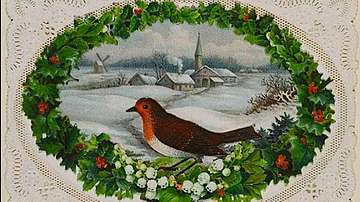
Image
19th-Century Christmas Card
A late-19th century Christmas card showing a robin and snow scene. The border is perforated to resemble lace. (Victoria and Albert Museum, London) Orignal source note on usage: 'V&A Owned Content' in which the V&A owns copyright (or related...
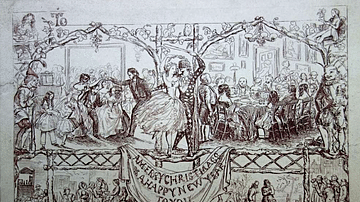
Image
Edgley Christmas Card
An 1848 Christmas card printed by William Maw Edgley (1826-19116) showing scenes of general merriment and, for the first time on such a card, holly. The sender wrote the name of the recipient at the very top and signed their name at the bottom...
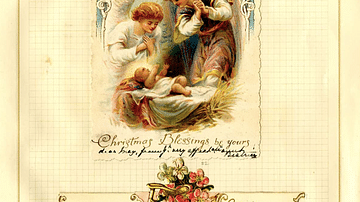
Image
Two 1899 Christmas Cards
Two Victorian printed Christmas cards from 1899. (British Museum, London)
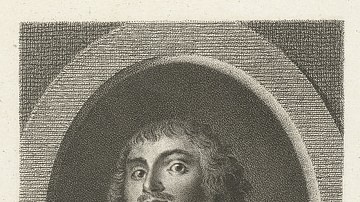
Image
Dampierre
Auguste Marie Henri Picot de Dampierre, print by Lambertus Antonius Claessens, Amsterdam, c. 1792 - c. 1808.
Rijksmuseum, Amsterdam.
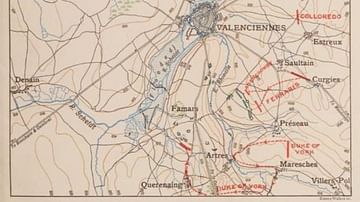
Image
Map of Famars and Raismes
Map showing the Battle of Famars, also showing the woodlands around the towns of Raismes and Vicoigne, where the Battle of Raismes was fought between Coalition and French forces on 8 May 1793. From John Fortescue's History of the British...
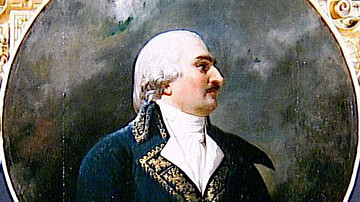
Image
Auguste Picot de Dampierre
Auguste Picot de Dampierre (1756-1793), commander-in-chief of the French Army of the North during the War of the First Coalition (1792-1797). Mortally wounded at the Battle of Raismes on 8 May 1793, his name is among those inscribed on the...